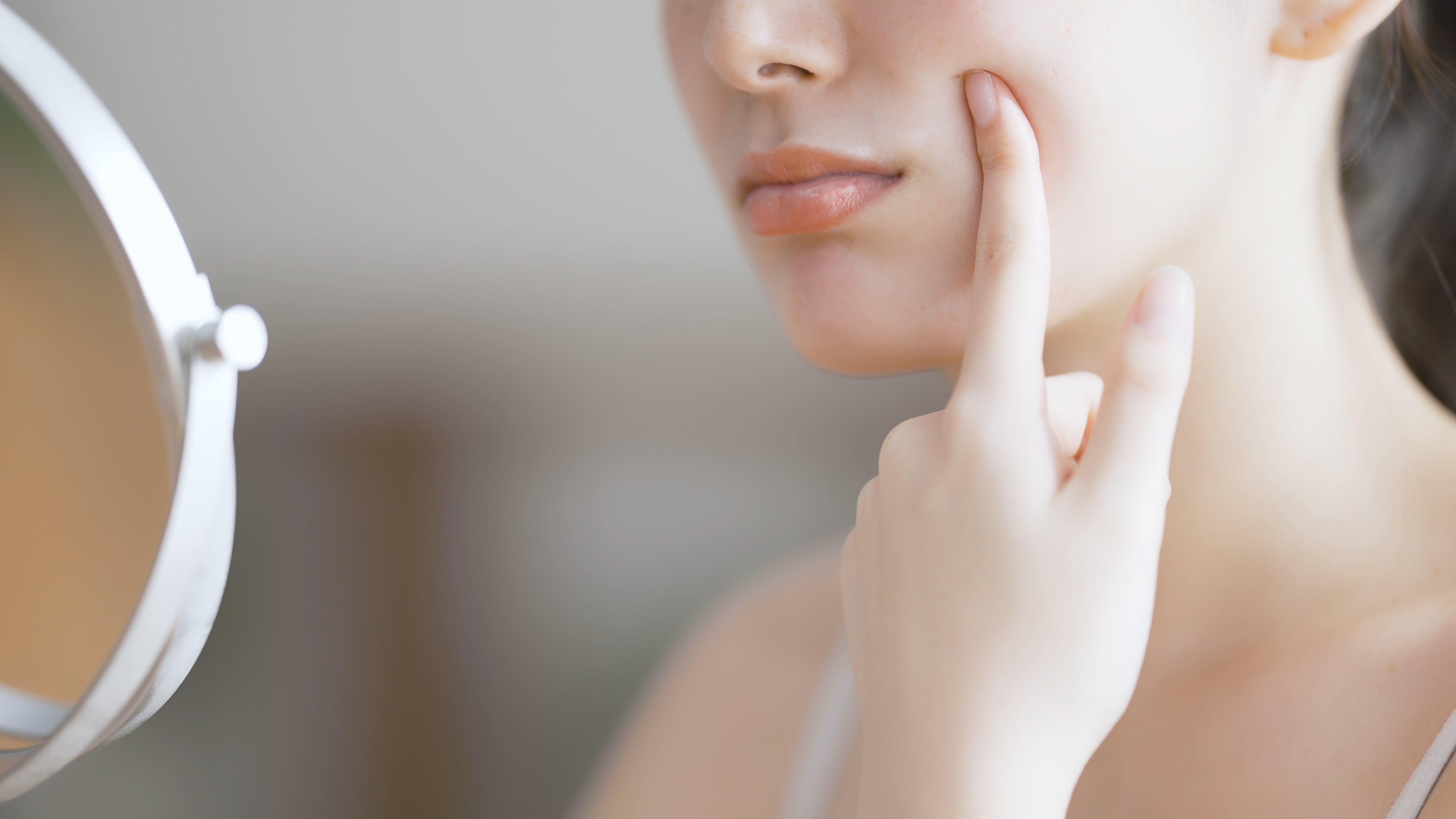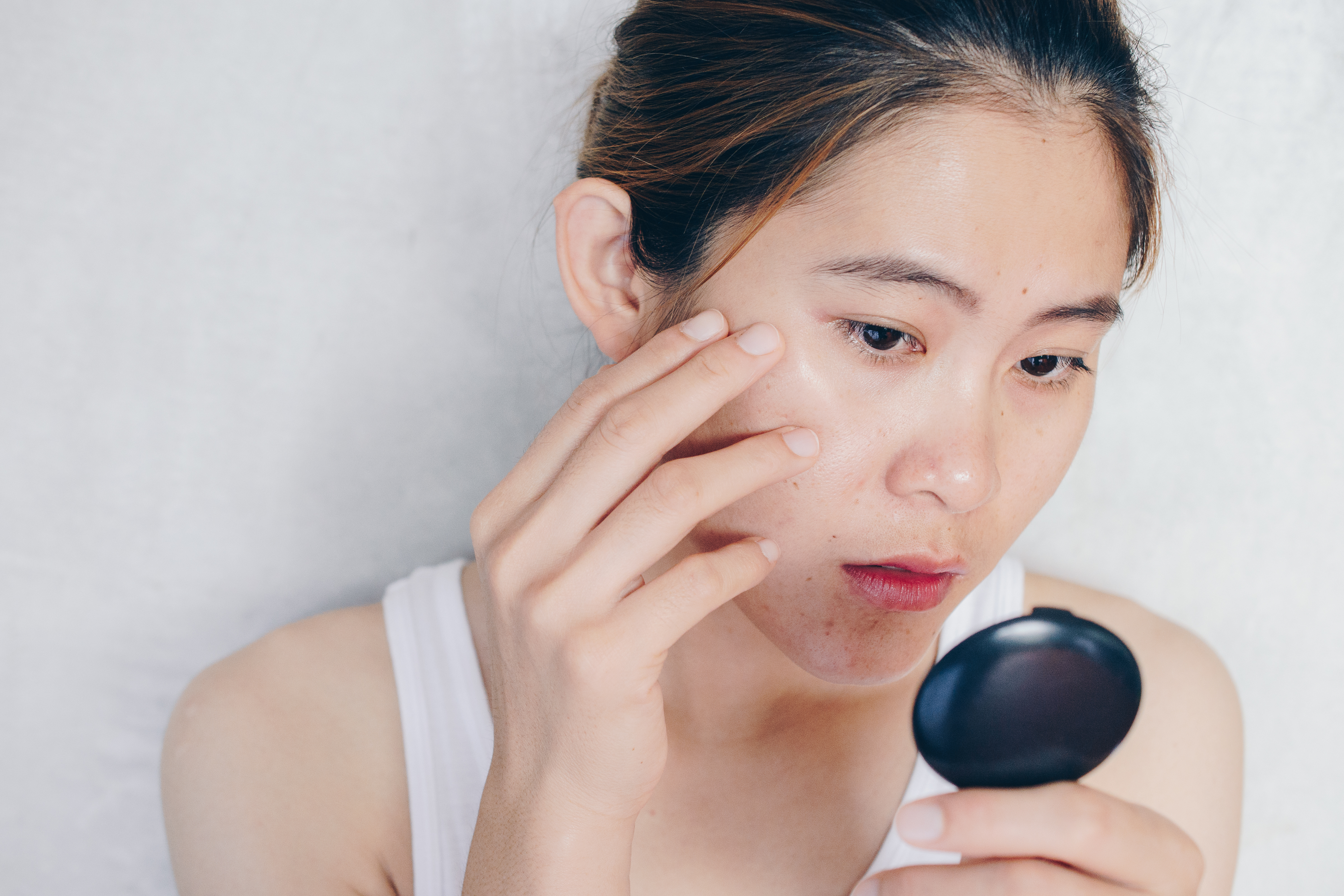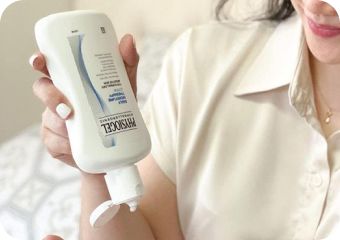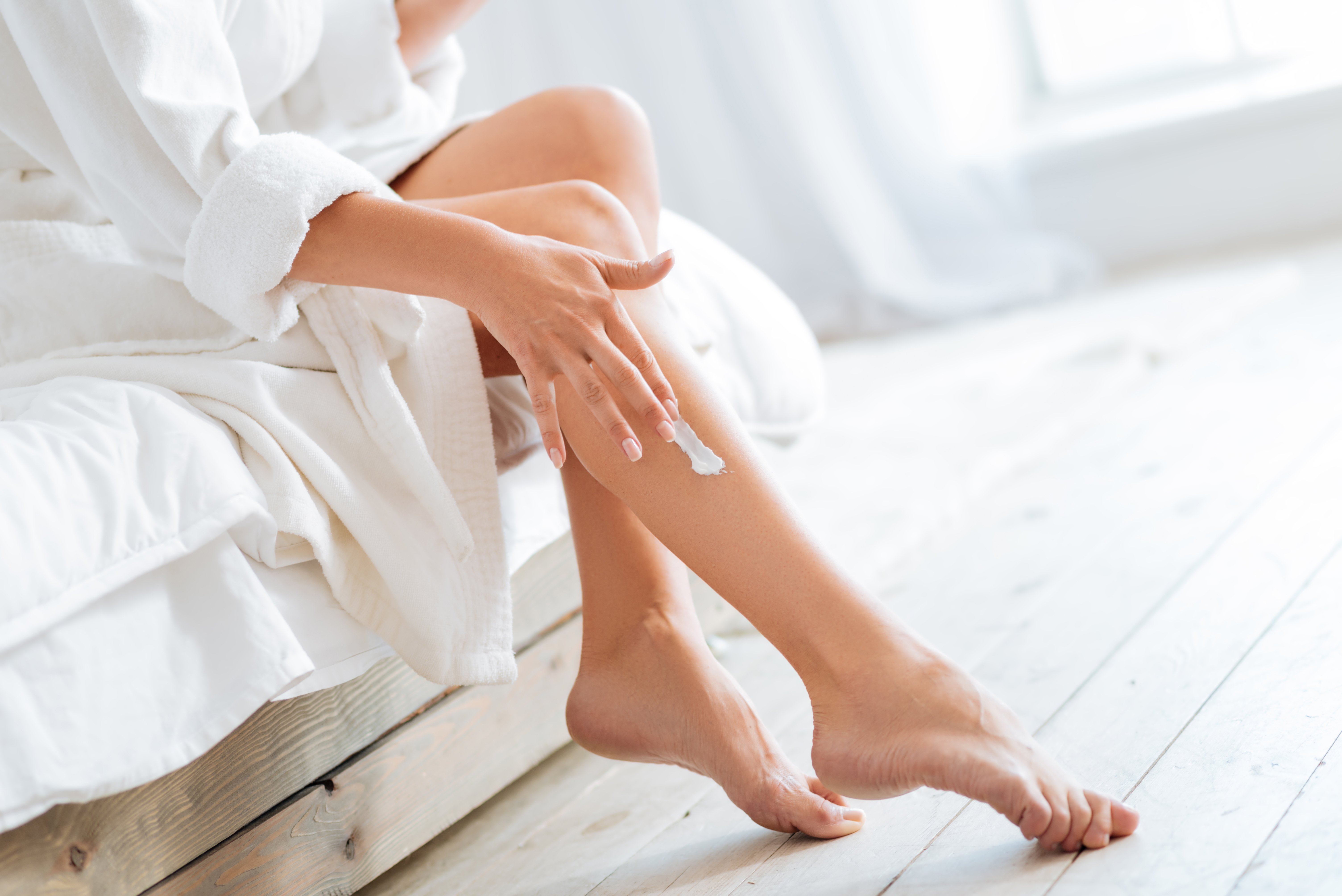People who suffer from dry or dehydrated skin are not the only ones who need to include skin hydration as an essential part of their skin care routine. Moreover, with so many products out in the market, many do not even understand the key difference between skin hydration and skin moisture. That is why it becomes beneficial to know the difference so you can better address the specific concerns of your skin. Regardless, no matter your skin type, hydrating your skin is crucial to make it look and feel its best. 1
Skin Hydration Vs. Skin Moisturization
The key difference between products labeled as hydrators and moisturizers is that the former contain ingredients that are considered as humectants, which include glycerin and hyaluronic acid. These work to absorb water in the atmosphere or on your skin to hold it in place. Essentially, they attract water to the outermost layer of the skin. 1, 2
Meanwhile, moisturizers are occlusive agents, which include petrolatum or mineral oil, and are oil-based ingredients. They are designed to lubricate the skin and create a barrier on its topmost layer to prevent water from escaping. Moreover, it works well to make the skin feel smoother and less dry. 1, 2
Although a plethora of products marketed as “moisturizers” are claimed to have both hydrating and moisturizing effects, the easiest way to remember the difference between the two is that hydration refers to water while moisture refers to oil.2
Is My Skin Dehydrated Or Dry?
Both hydration and moisturization are equally important to manage and maintain healthy skin. That is why having a good balance of hydration-to-moisture is something to always consider when it comes to your skin care routine. There is still merit, however, in determining whether your skin is dry or dehydrated for easier identification of which types of products you may need. This ensures the lipid barriers of your skin are properly functioning. If your skin is dehydrated, it means it lacks water. Therefore, you need a hydrator. On the other hand, if your skin is dry, it is recommended to use moisturizers to make up for the lack of oil. 3
An easy way to distinguish whether your skin is dehydrated or dry lies in its texture. If it appears dull and tight to touch, it is most likely dehydrated. Meanwhile, if you notice your skin to be flaky, patchy, and sometimes even red, it may be a sign that your skin is dry. 3
Can I Over Hydrate My Skin?
Slathering too many hydrating and moisturizing products on your skin can constitute
overhydration or over moisturization. This softens the skin and breaks it down due to excess moisture. A good
analogy to this is when we spend too much time bathing in the shower or swimming in the sea. Eventually, you will
notice how your skin becomes wrinkled and soft. The same can be said about overhydration or over moisturization,
which may cause your skin barrier function to weaken and do more harm than good, albeit to a lesser degree. 4,
5
Take a look at these five signs If you are unsure whether or not you are overhydrating or over moisturizing your
skin. If you do find yourself struggling with any of these problems below, this may be a sign to stop and reevaluate
your skin care route.
Having Clogged Pores
The most immediate sign of overhydration or over moisturization are clogged pores. That is because the heavy formulation of the product can lead to your skin developing not just blackheads, but also whiteheads too. 6
Experience Acne Breakouts
Excessive hydration or moisturization can also cause pimples or acne on the skin. Because your skin cannot absorb the extra product, it will be left on the topmost layer of your skin. This greasiness can attract dirt and bacteria and make them more prone to breakouts. 6
Getting Small Bumps All Over Your Face
Another thing you may notice is the appearance of small bumps all over the face. These come very common and are symptoms of overhydration or over moisturization. These small bumps can also make your skin look red, feel more irritating than usual, and develop rashes. 6
Becoming More Oily
For people who are already born with naturally oily skin, overdoing your daily skin care routine with hydrators or moisturizers can also trigger your body to produce more oil than usual, contributing to an oilier and shinier skin. 6
Developing Dry Skin
On the other hand, if you lather too many hydrators or moisturizers, your skin may produce less and less of its own natural moisture. This gradual underproduction can greatly impact the deeper layers of your skin and lead it to becoming dry. 6, 7
Steps To Take To Rehydrate Your Skin
The first thing you can do is to ensure you are drinking the recommended amount of water
throughout your day. Although this rehydration tip is common knowledge, it may be easier said than done for many.
You can be assured, however, that drinking enough water will help clear your complexion and even work to brighten
the tone of your skin. 8
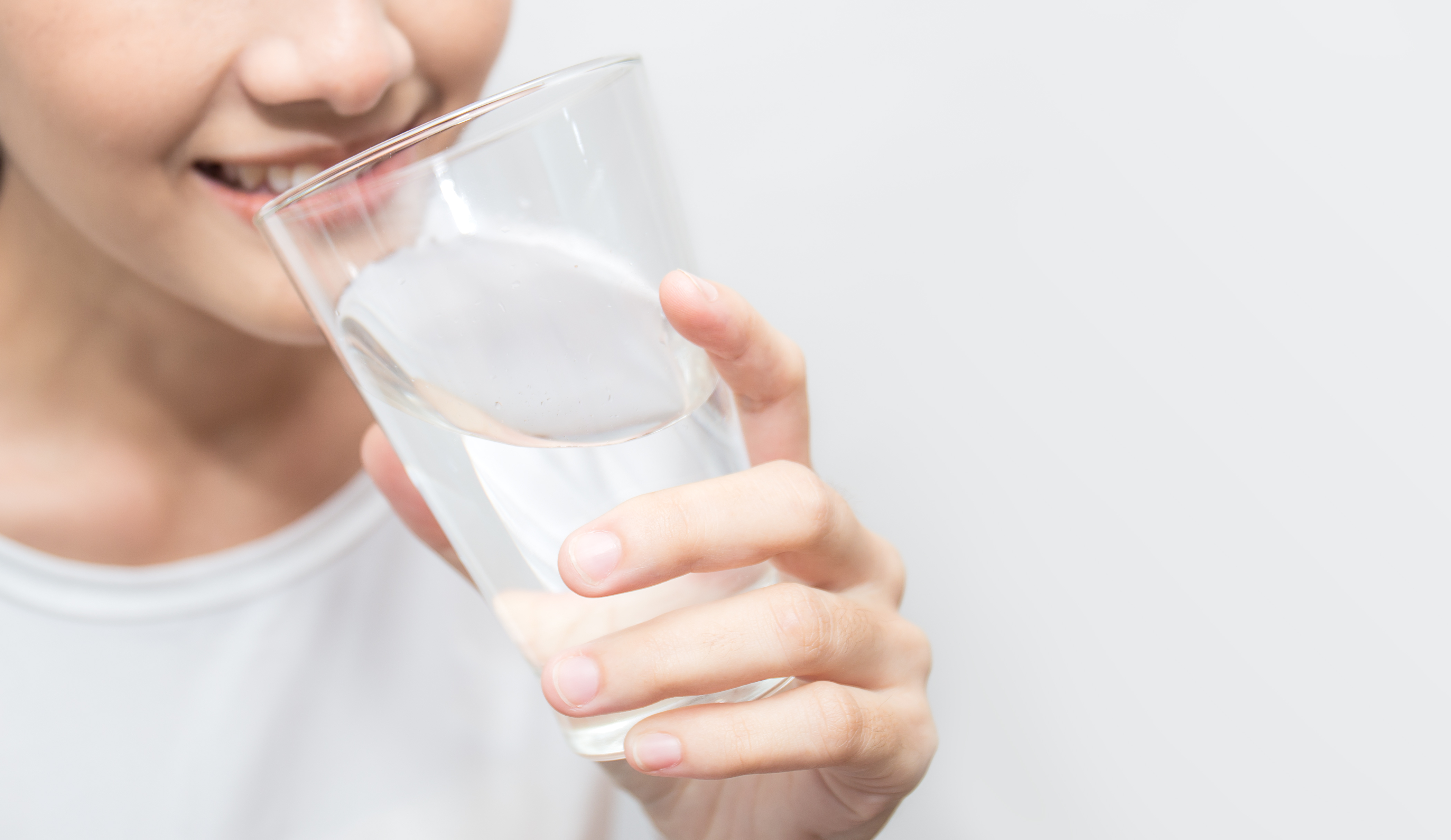
Aside from getting your proper intake of water every day, it is important to note the amount of rest you get as
well. Make it a point to get enough rest, which is about seven to eight hours of sleep per night. Doing so will
allow your body to feel well rested and rejuvenated, and may help to avoid the various other symptoms that can
exacerbate dehydration like puffy eyes and dullness in the face. As an added step, you can even place a humidifier
at your bedside table so your skin can retain even more moisture as you sleep. This makes it so you can get several
hours of hydration all at once. 8
Once you develop and consistently follow the healthy habit of drinking enough water and getting enough sleep, the
next best thing you can do is to find skin care products that can help aid you back into skin rehydration. It is
recommended that you go for dermatologically tested products like Physiogel Daily Moisture Therapy. With over 165
years of skin care expertise, Physiogel’s products are scientifically formulated with BioMimic TechnologyTM which
work to mimic the skin barrier that helps increase skin moisture absorption and protect against recurrent dryness.
Moreover, it is also lightweight with the feel of a light emulsion cream giving lasting moisture of up to 72 hours.
8, 9
RG-PM-LG-PHYSIO-ONA-PUC-000003-01-2023
References:
1 Healthline. 2022. Hydrating and Moisturizing Aren’t the Same for Your Skin — Here’s Why. [online] Available
at: https://www.healthline.com/health/beauty-skin-care/hydration-moisture> [Accessed 18 July
2022].
2 Medicalnewstoday.com. 2022. What is the difference between skin hydration and moisture? [online] Available at:
https://www.medicalnewstoday.com/articles/hydration-vs-moisture [Accessed 18 July 2022].
3 Coveteur: Inside Closets, Fashion, Beauty, Health, and Travel. 2022. Is Your Skin Lacking Moisture, or
Hydration? Yes, There’s a
Difference. [online] Available at: https://coveteur.com/2020/08/11/hydration-moisture-skin-care [Accessed
18 July 2022].
4 Pai, D., 2022.What Happens When You Moisturize Too Much in the Winter. [online] Teen Vogue. Available
at:
https://www.teenvogue.com/story/what-happens-when-you-overmoisturize-skin#%3A~%3Atext%3D%E2%80%9CBy%20over%2Dmoisturizing%2C%20you%2Callover%20equivalent%20of%20combination%20skin
[Accessed 18 July 2022].
5 Hunter, A., 2017. Can you over-hydrate your skin? [online] Get The Gloss. Available at:
https://www.getthegloss.com/beauty/skincare/can-you-over-hydrate-your-skin> [Accessed 18 July 2022].
6 Healthshots. 2022. Are you using too much moisturizer? Here are 5 signs that suggest you might be. [online]
Available at:
<https://www.healthshots.com/beauty/skin-care/5-signs-that-suggest-you-are-over-moisturizing-your-skin/>
[Accessed 18 July 2022].
7 Well+Good. 2022. Over moisturizing is real—here are 3 signs you're overdoing it. [online] Available at:
<https://www.wellandgood.com/over-moisturizing-my-face/> [Accessed 18 July 2022].
8 “10 Amazing Skin Benefits from Drinking More Water.” Manna Hydration, 11 April 2018,
https://mannahydration.com/blogs/news/amazing-skin-benefits-from-drinking-water. Accessed 16 January 2023.
9 A randomized, single centre, single-blind, parallel, home use, cosmetic study to investigate the safety,
efficacy and acceptability of
W0154 Cream in subjects with moderately dry to very dry skin and signs and symptoms of redness, irritation and
inflammation,
2012, Dr. Suzana Louth [Data on file]
